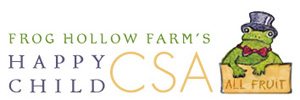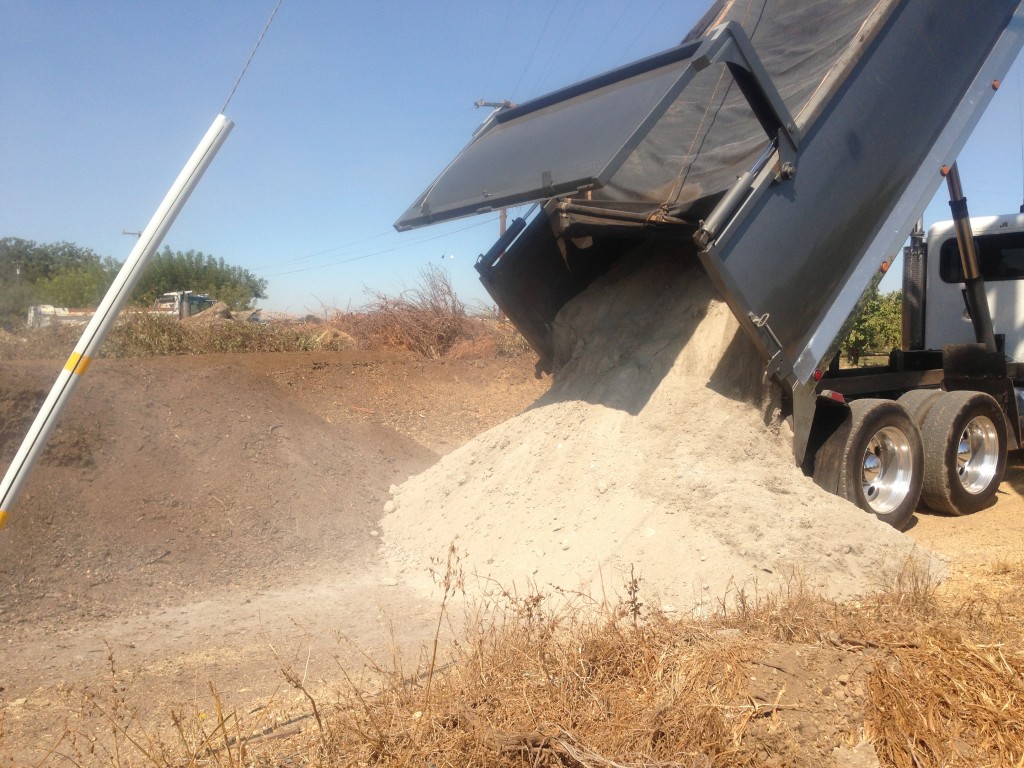Calcium is an important soil amendment that we apply every year. Calcium is a building block of cell walls, strength, and health. If the cell walls are stronger they are more resilient to the attack of insects, and one of our major foes, fungus.
We typically use limestone as our calcium amendment but this year Farmer Al is taking a risk and trying something new. Last week 48 tons! of crushed pacific pearl oyster shells made their way to our compost area. In our constant pursuit of creating the most microbially active and fertile soil to nourish our trees, we will be replacing limestone with the oyster shells. Both Limestone and oyster shells are an excellent source of calcium, but the oyster shells have much higher concentrations of microbial life. Adding this new source of microbial life to our soil won’t come cheap! The oyster shells are three times more costly than limestone but Farmer Al is betting (and praying) that the investment will pay off.
Microbial life in soil is vital to sustaining natural soil ecosystems and keeping our soil teeming with life making it able to support our trees health. Healthy trees grown in microbially rich soil are more resistant to disease and pests and also produce tastier fruit!
Our compost operation is at full tilt year round using on farm resources (tree prunings, leaves, shredded cardboard, fruit, and more) and other ingredients to try and create compost that is full of life to add to our soil. We’ll mix the pearl oyster shells into our compost piles to add the additional calcium we seek, but also to increase microbial populations.
Farmer Al hopes to see a pay off next year in healthier vegetation and ultimately better quality fruit. We hope you’ll be with us next year to help us gauge the success of the oyster shells!

 Follow
Follow


This sounds like a great idea. Aside from crushing them, do they need to be pre-treated in any way before adding them to the soil?
Hi! No, there is no pre-treatment or anything added to them. The oyster shells are harvested and then crushed into a fine powder.